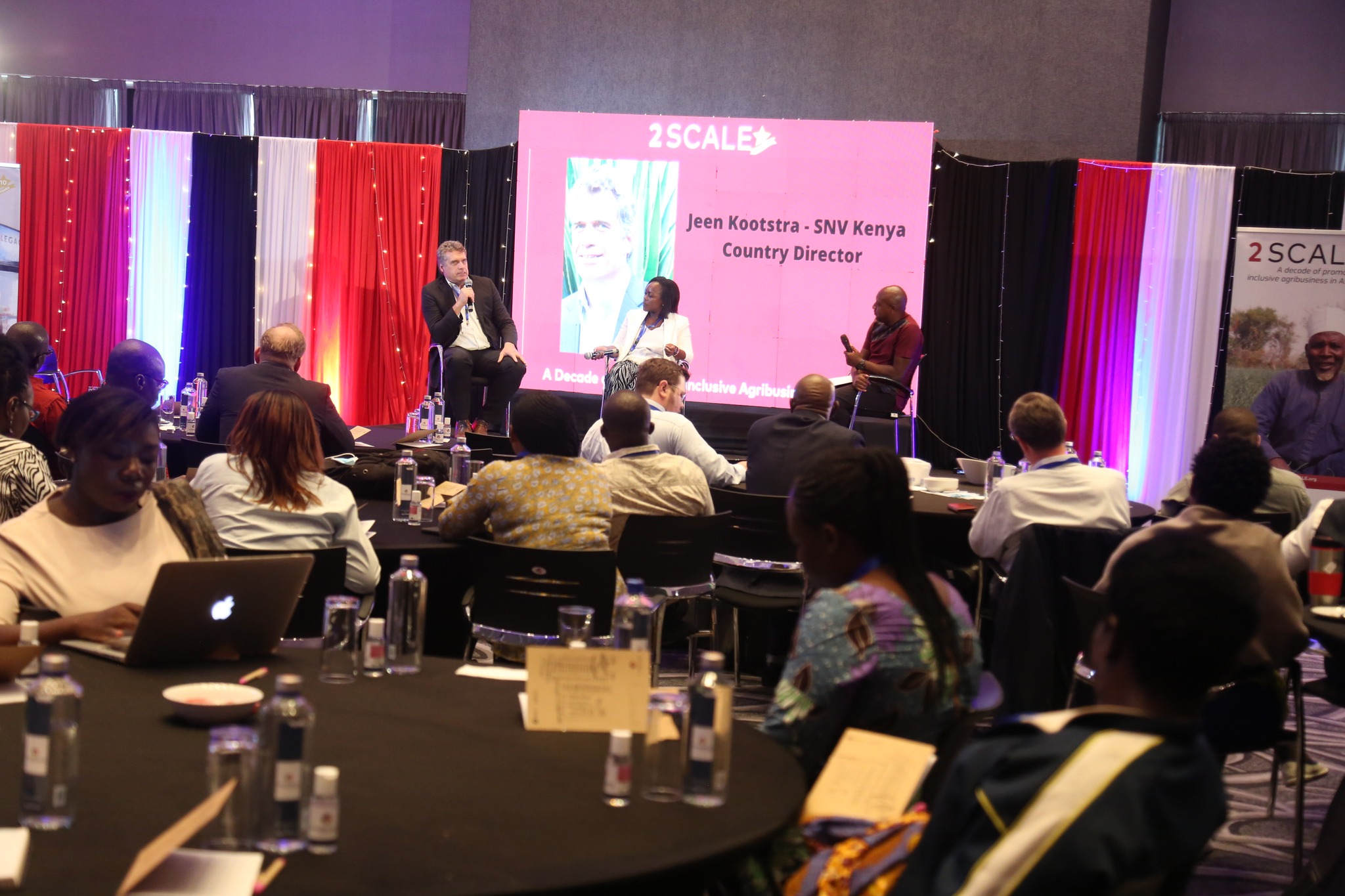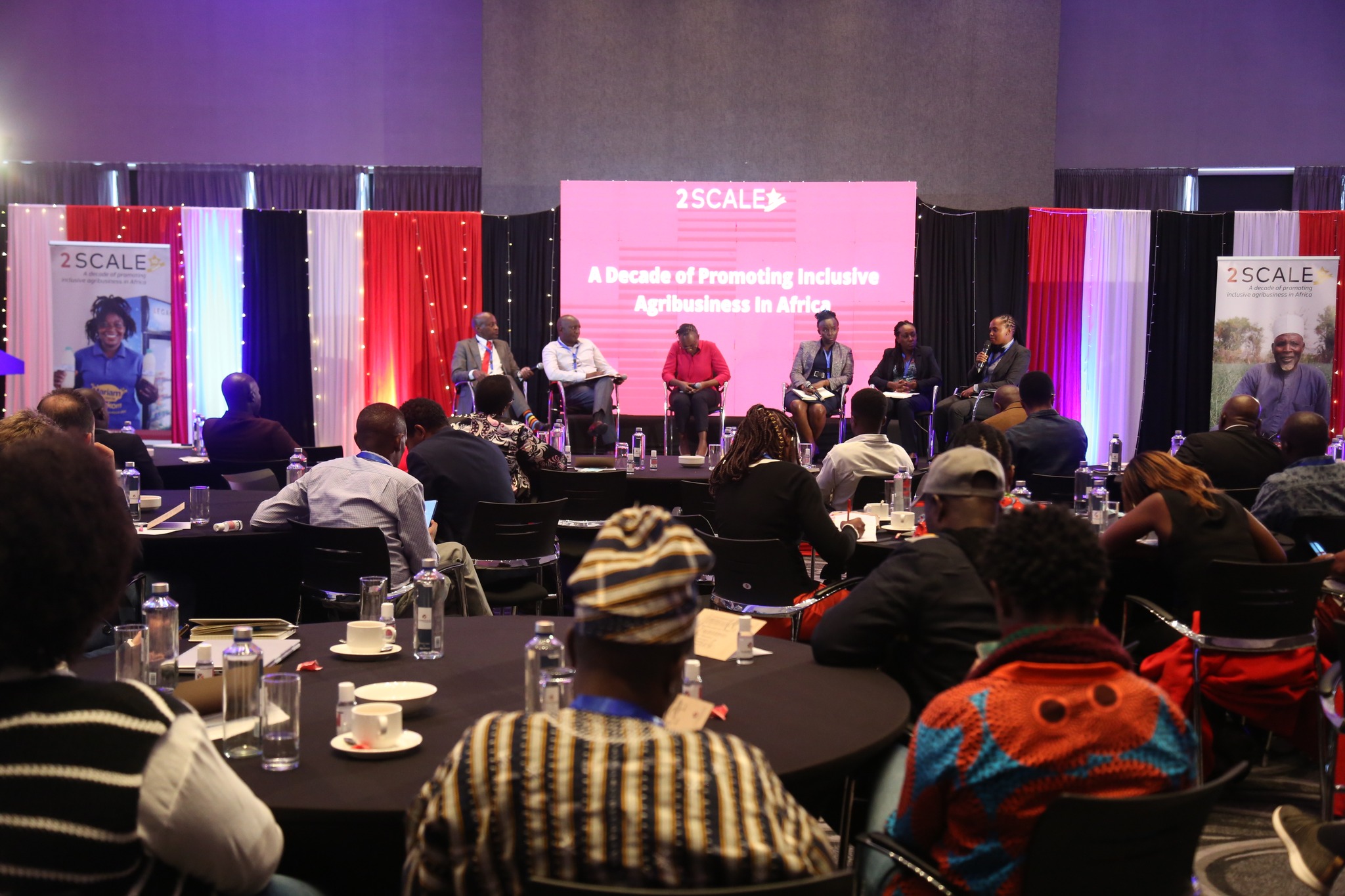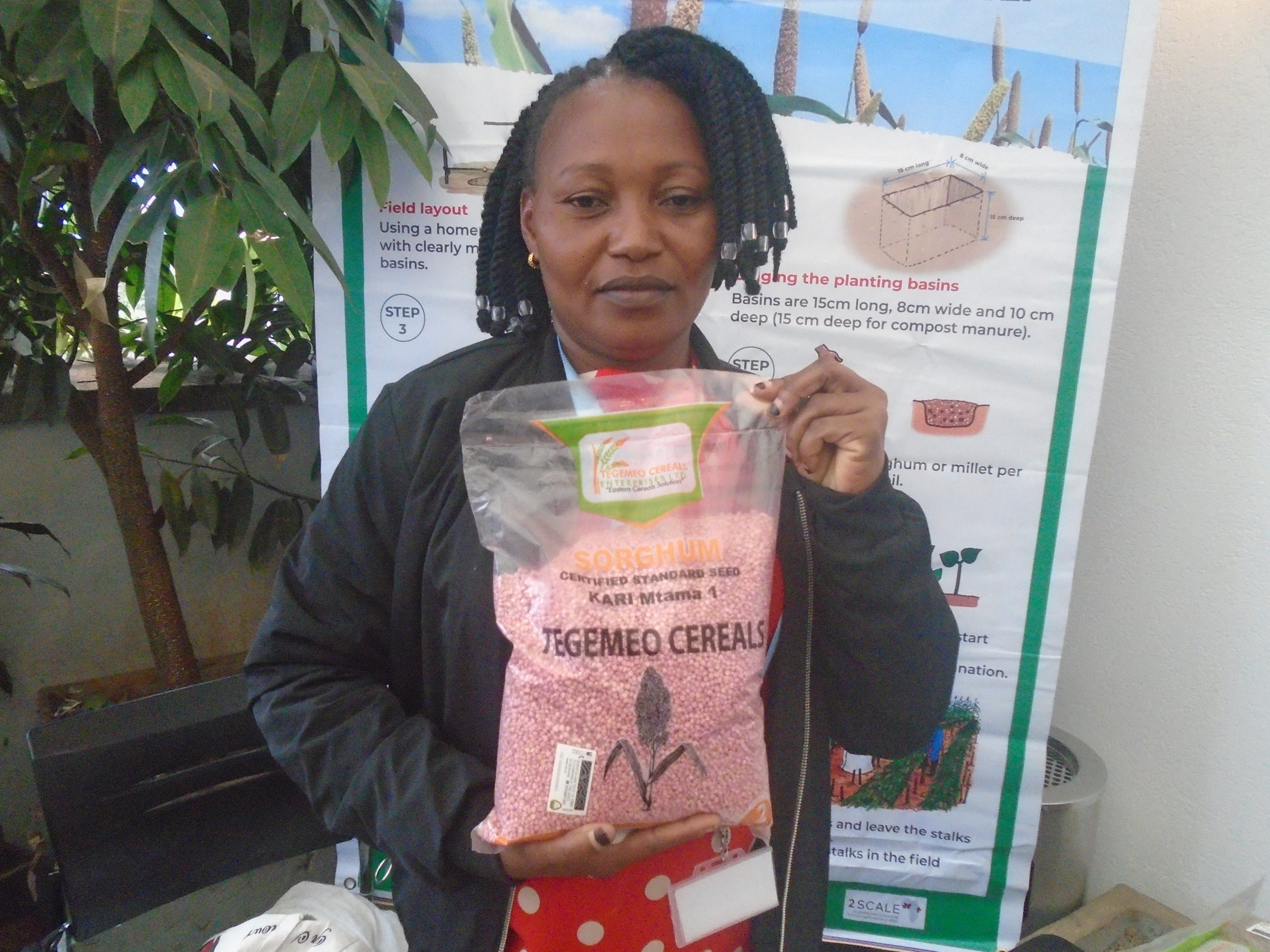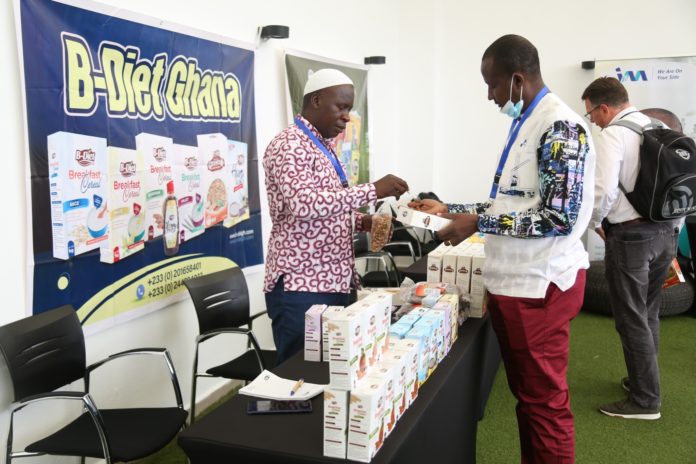By Henry Owino
Nairobi, Kenya: For a long time, agriculture has been associated with retirees, low-income earners, or middle-class people in most parts of Africa. However, this is changing as many people realize that it is a major economic bloc of any country’s developments, an epoch of a new beginning.
The agriculture sector employs thousands of people and provides most of the world’s food and fabrics contributing to poverty reduction and food security. In Africa majority of the population lives in rural areas and depends on agriculture to raise income and improve food security.
Consequentially, the economic growth strategies for most countries in Africa, give high priority to supporting the agricultural sector. Many farmers are moving away from traditional farming to agribusiness which is more innovative and rewarding.
Agribusiness is boosting agricultural productivity through value addition attracting markets just like white-collar jobs. It is for this reason that a programme known as 2SCALE-Toward Sustainable Clusters in Agribusiness through Learning in Entrepreneurship- has been promoting inclusive agribusiness for 10 years now.
2SCALE is an incubator program that manages a portfolio of public-private partnerships (PPPs) for inclusive business in agri-food sectors and industries. It is funded by the e Directorate General of International Cooperation of the Dutch Ministry of Foreign Affairs (DGIS/IGG) and implemented by Bopinc, IFDC and SNV.
As a program, 2SCALE offers a range of support services to its business and partners, enabling them to produce, transform and supply quality food products. Champions here are either entrepreneurial producer organizations or local Small and Medium Enterprises (SMEs) that trade or process the produce of farmers. By providing support to these agribusinesses, 2SCALE develops products and markets for local consumer markets, preferably at the base of the pyramid thus billions of low-income consumers.
2SCALE also helps in building networks that connect farmers, buyers, intermediaries and financiers, enabling them to create and grow new businesses. According to 2SCALE management, agribusiness can help reduce poverty, raise incomes and improve food security for 80 percent of the world’s poor, who live in rural areas and work mainly in farming.
“2SCALE leadership works hard to build all the networks that connect farmers, to create, produce, transform, and supply quality food products. However, the products go to local, regional, and international markets, including to base-of-the-pyramid (BoP) consumers,” Albin Hubscher, President of IFDC said during an event in Nairobi, Kenya to celebrate a decade of promoting inclusive agribusiness in Africa.

How 2SCALE Works
According to Hubscher, the President IFDC, 2SCALE supports agribusinesses in the production, processing, and distribution of quality farm produce in a well-packaged manner.
“Farmers are trained on improving and branding their agricultural products while linking the commodity producers to processors and markets,” Hubscher emphasized.
Hubscher said through 2SCALE, agribusiness projects have become a game-changer that brings together thousands of smallholder farmers from 10 nations across Africa namely Kenya, Nigeria, Ghana, Burkina Faso, Côte d’Ivoire, Ethiopia, Mali, and Niger. With pilots active in South Sudan and Egypt,
“Achieving global food security requires a dramatic change in current food production systems. From better technologies to improved farming practices to functioning, inclusive markets. There is much to be done to sustainably increase food production while minimizing harmful environmental impacts,” Hubscher advised.
While 2SCALE works with MSMEs, the lack of access to such risk-management tools as savings, insurance, and credit poses a threat to their operations. This limitation encouraged partnership with financial institutions and encourage farmers to form farmer producer organizations.

Benefits to producers and consumers
According to Henk Van Duijn, Chairman of the 2SCALE Supervisory Board, to date, the project has helped improve the livelihoods of approximately 750,000 smallholder farmers of which 50 percent are women, and 40 percent are youth. The benefits are from interventions such as training on agricultural practices, access to better inputs or increased negotiation skills, and access to credits in financial institutions, and market networks.
“Our partnerships create genuine impact and accelerate inclusive agribusinesses. Since 2019, 2SCALE started over 60 public-private partnerships that drive inclusive agribusiness strategies established and developed in 8 different countries in Sub-Sahara Africa,” Van Duijn disclosed.
2SCALE offers a range of support services to private partners – companies and farmer groups by enabling them to produce, transform and supply quality food products to local, national, and regional end-user markets, including Base of the Pyramid consumers.
“Normally in marketing, the four ‘P’s approach (Product, Price, Place, Promotion) is used. However, at 2SCALE, we use the four ‘A’s (Affordability, Awareness, Availability, Acceptability) to cater to the different consumer groups,” Van Duijn explained.
Beryl Oyier, Director Bopinc East Africa said women may face challenges such as limited capital and land to venture into agribusiness but financial institutions are there to support viable agribusiness ventures.
‘Adopting an entrepreneurial mindset helps smallholder farmers realize their dreams no matter the encounters in the process.’ She said
Ms Oyier also noted that companies -both multinationals, and small and medium-sized enterprises that have adopted inclusive business models, and are working with inclusive innovation approaches and tools, always succeed in their product marketing and sales.
She emphasized that inclusive business empowerment tools and generating marketing and distribution strategies for low-income communities promote entrepreneurship and empowerment. This is what has enabled 2SCALE to stand out in the agribusiness sector with a focus on bringing in gender transformative approaches.

Combined efforts to achieve targets
Ms. Oyier stated that from startups to multinationals, Bopinc helps organizations to design and deliver commercially and socially viable business models. Bopinc diverse team of global innovators and entrepreneurs bridges the gap between the private and development sectors.
“Over time, the companies we have supported are creating an impact within their communities. 2SCALE has grown into different regions, and the lessons learned have enabled us to revamp our approach, models, tools, and topics of interest. As a thought leader, Bopinc has designed and developed Aya, an initiative of 2SCALE that aims to better support women entrepreneurs,” Ms. Oyier affirmed.
In addition, she said Bopinc marketing strategy is working to meet the needs of low-income consumers in Kenya and across Africa. Supplying quality food products not only attracts local markets but regional and international markets including billions of people living in abject poverty otherwise known as the market at the base of pyramid consumers.
Jeen Kootstra, Director SNV Kenya said leveraging agribusiness value chains is an effective solution for various challenges in developing countries.
Kootstra confirmed that SNV is working with a fantastic team on increasing people’s income through smart development in agriculture, water-sanitation-health, and energy. He said the collaboration of farmers, agribusiness SMEs, financial institutions, and Public-Private Partnership (PPPs) actors has enabled the creation of more inclusive agribusiness value chains.
“2SCALE for the past decade has been at the forefront of championing the approach of inclusive agribusiness across Africa. So, a 10-year anniversary and replication event celebrated in Nairobi, Kenya is evidence that Africa is the biggest incubator for inclusive agribusiness,” Kootstra acknowledged.
There is no doubt that 2SCALE has revolutionized agriculture in the African continent since 2012.
The anniversary event was an opportunity for stakeholders to learn and understand in depth what it is all about, and how Public-Private Partnerships (PPPs) can help steer inclusive agribusiness in Africa going forward.
It is possible to realize zero hunger as envisioned in SDG 2 by 2030 if essential sustainable and resilient food systems are put into practice across the world.














